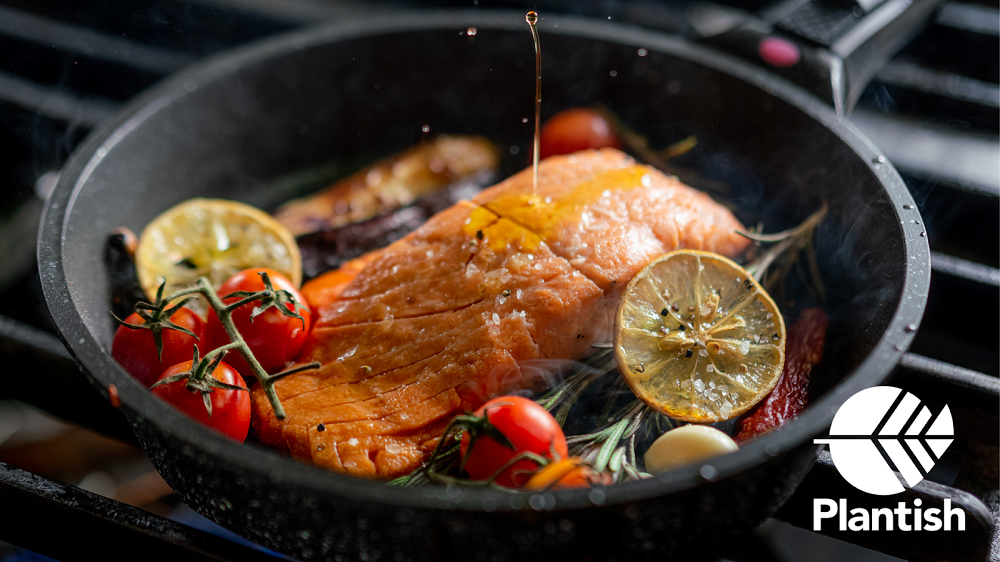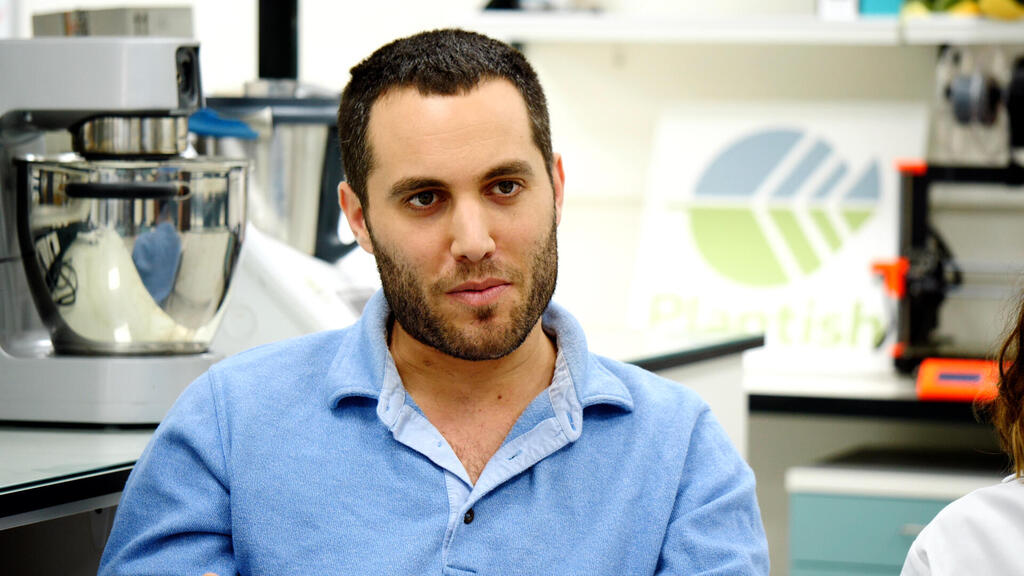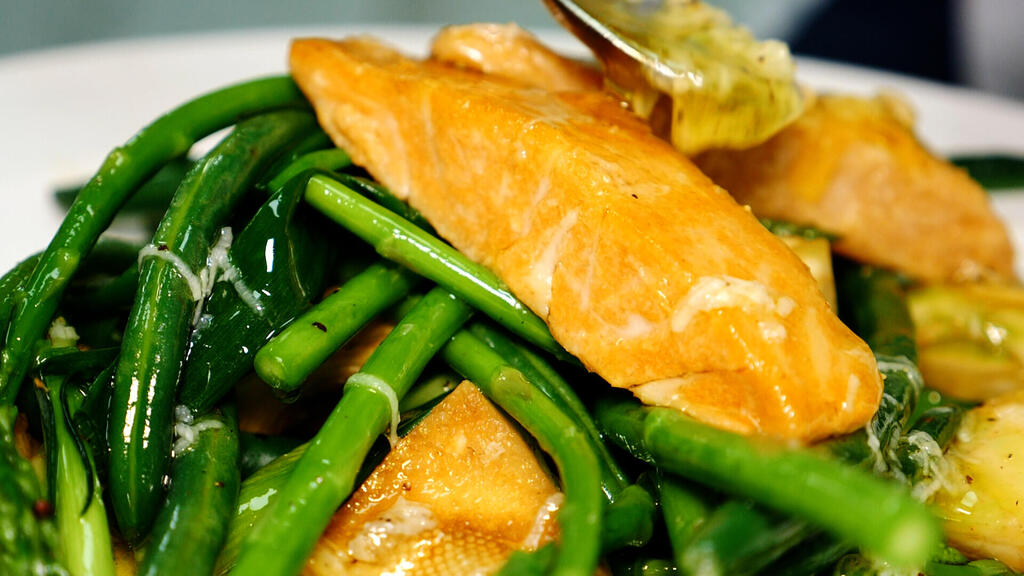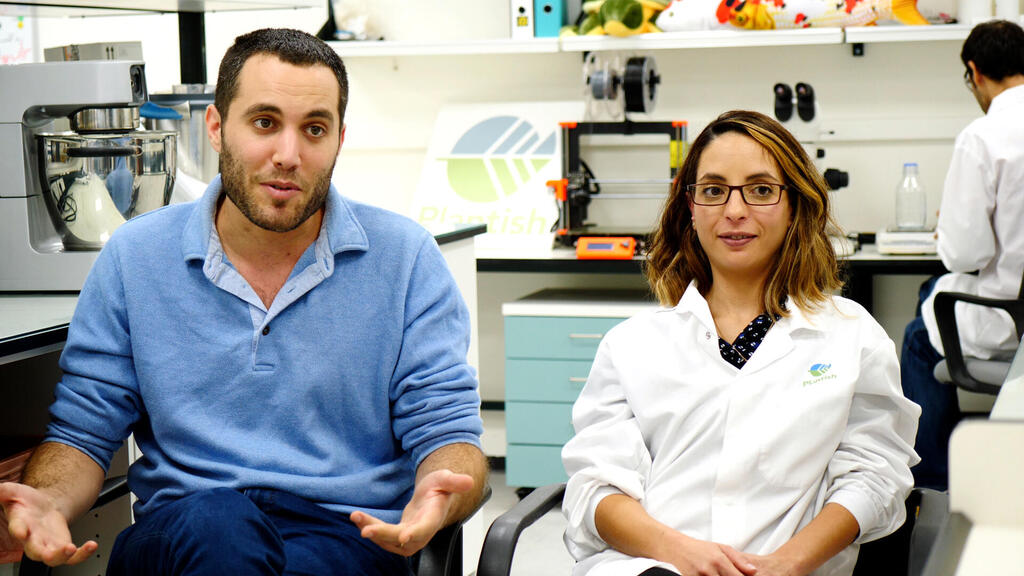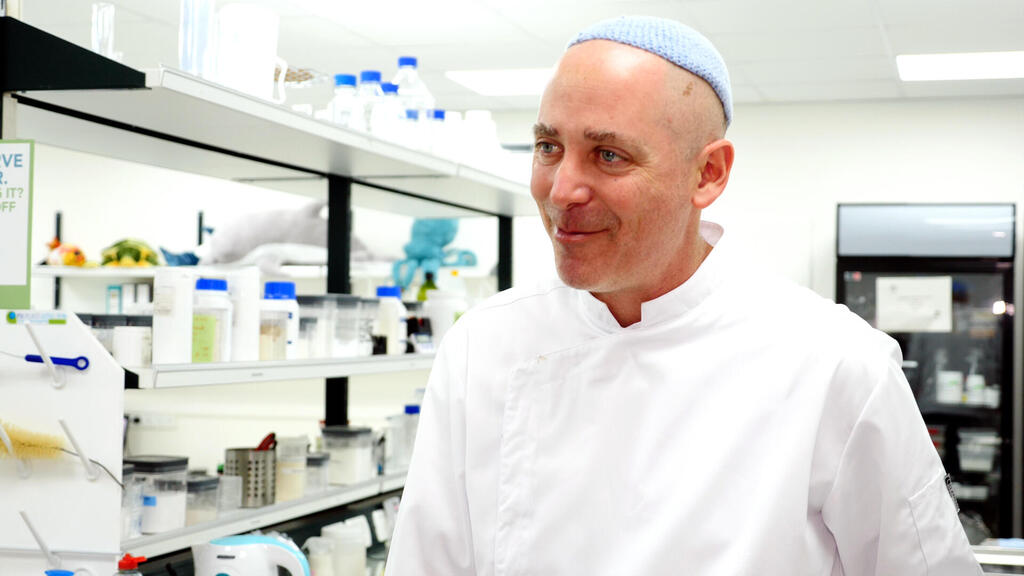While many companies offer alternatives to actual red meat, one Israeli start-up company seeks to offer an alternative to those who abstain from animal products altogether, and wish to enjoy quality alternatives to all kinds of seafood.
Israel-based food manufacturing company “Plantish” aims to save the ocean’s delicate fabric of life by using plant-based materials to develop an alternative for fish that has the same appearance, texture, taste and nutritional values as real fish products.
"A fish is the most hunted animal in the world,” says Ofek Ron, the company's founder, CEO and an avid vegan.
"Unless we do something, in a few dozen decades there will probably be no more fish in the sea left.”
Plantish was founded by Ron, alongside other like-minded individuals, including Dr. Hila Elimelech, Dr. Ron Sicsic, Dr. Ariel Szklanny, Eli Zinal and Eyal Briller - all of whom have made it their goal to revolutionize the fish industry the same way companies like Beyond Meat and Impossible Foods revolutionized the alternative meat market.
According to Ron, Plantish’s first product will be a prime cut of plant-based salmon - one of the most popular fish in the world - with the company already eyeing the development of additional alternatives, including other kinds of fish and even seafood, such as shrimp and calamari.
The way the product is made, explains Elimelech, the head of the company's R&D, is by “reverse engineering the actual fish".
“Then we come to the lab and take certain substances from plants - for example soy protein, fat, water, Omega 3, Omega 6 - to create the composition we reassemble into a fishlike configuration, using a 3D printer,” says Elimelech.
“3D printing is the name of the game. We want to rebuild the structure of the fish precisely,” she adds.
Unlike other companies that focus on fish alternatives, such as "Wanda Fish", "Sea2Cell" and "Forsea" - all of which develop lab-cultured fish products by sampling several animal cells and growing them in the laboratory - Plantish develops its products using only plant based replacements.
"We want to lead the trend of plant replacement in Israel," says Ron.
"It may be that in the future that we will integrate lab-cultured fish into our own technologies, we are already talking to companies developing such products in Israel and thinking about how to integrate their cells within our sixth, seventh or eighth generation products,” he added.
In order to better understand the benefits and limitations of the company’s salmon product, as well as reach the precise and desired taste, Plantish enlisted the help of well known chef Nir Zookk - who created three distinct, salmon-alternative-based dishes.
And while testers admitted that the taste and look of the dishes was spot on, they added that the texture of the plant-based salmon left something to be desired.
“Indeed, the most challenging thing is the texture," admits Elimelech. "There lie most of our efforts."
Plantish adds that its product will reach restaurants around the country in approximately two years, and Israel's supermarkets about a year later.
First published: 08:40, 01.14.22


